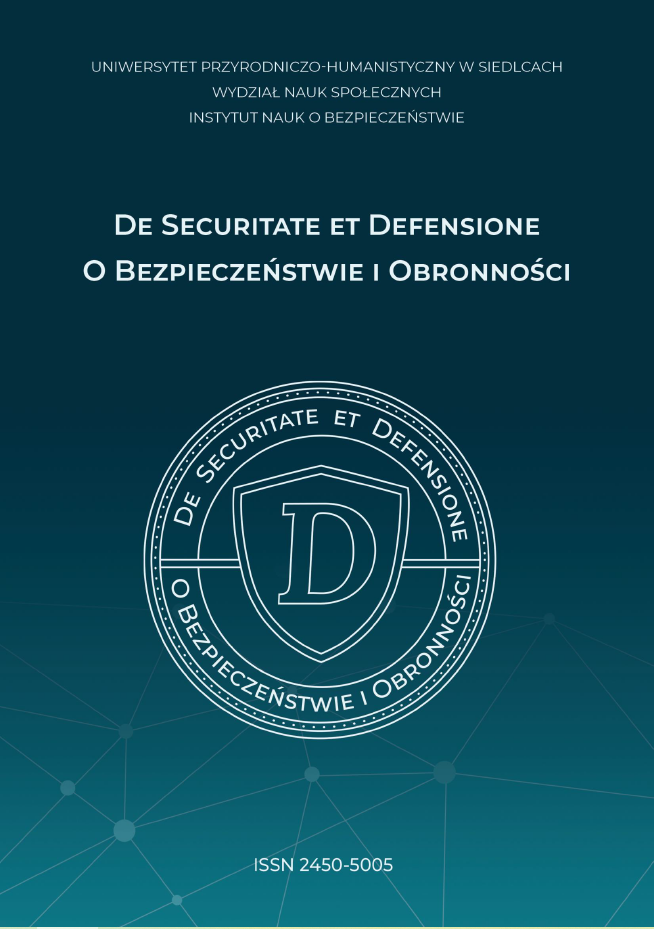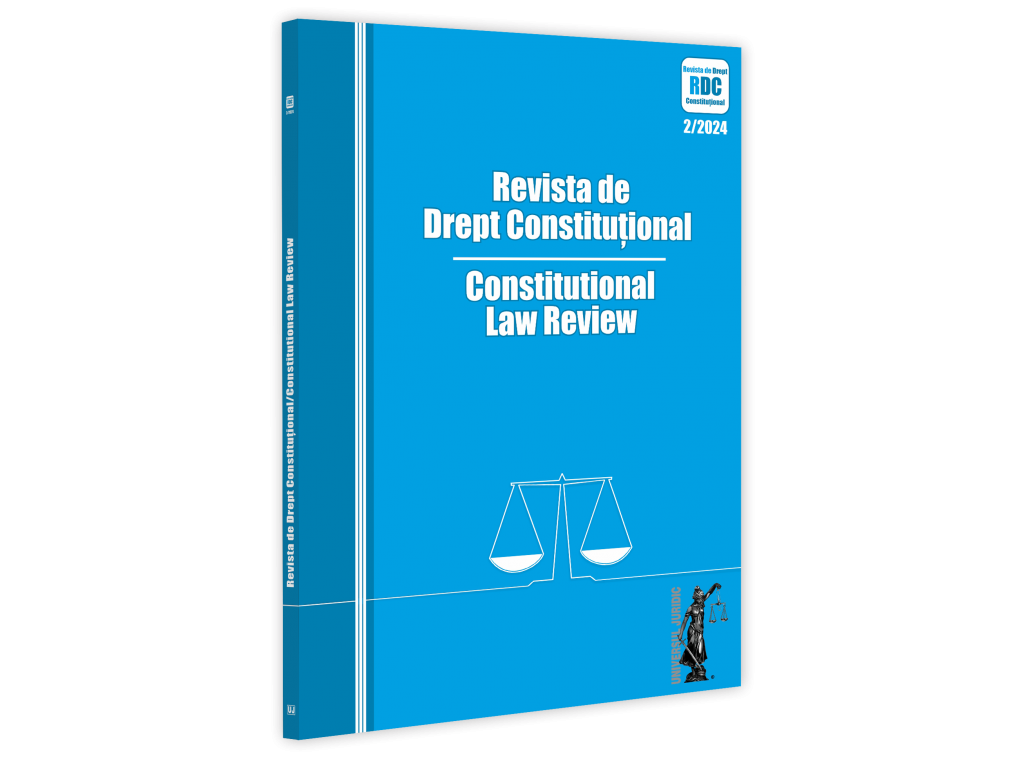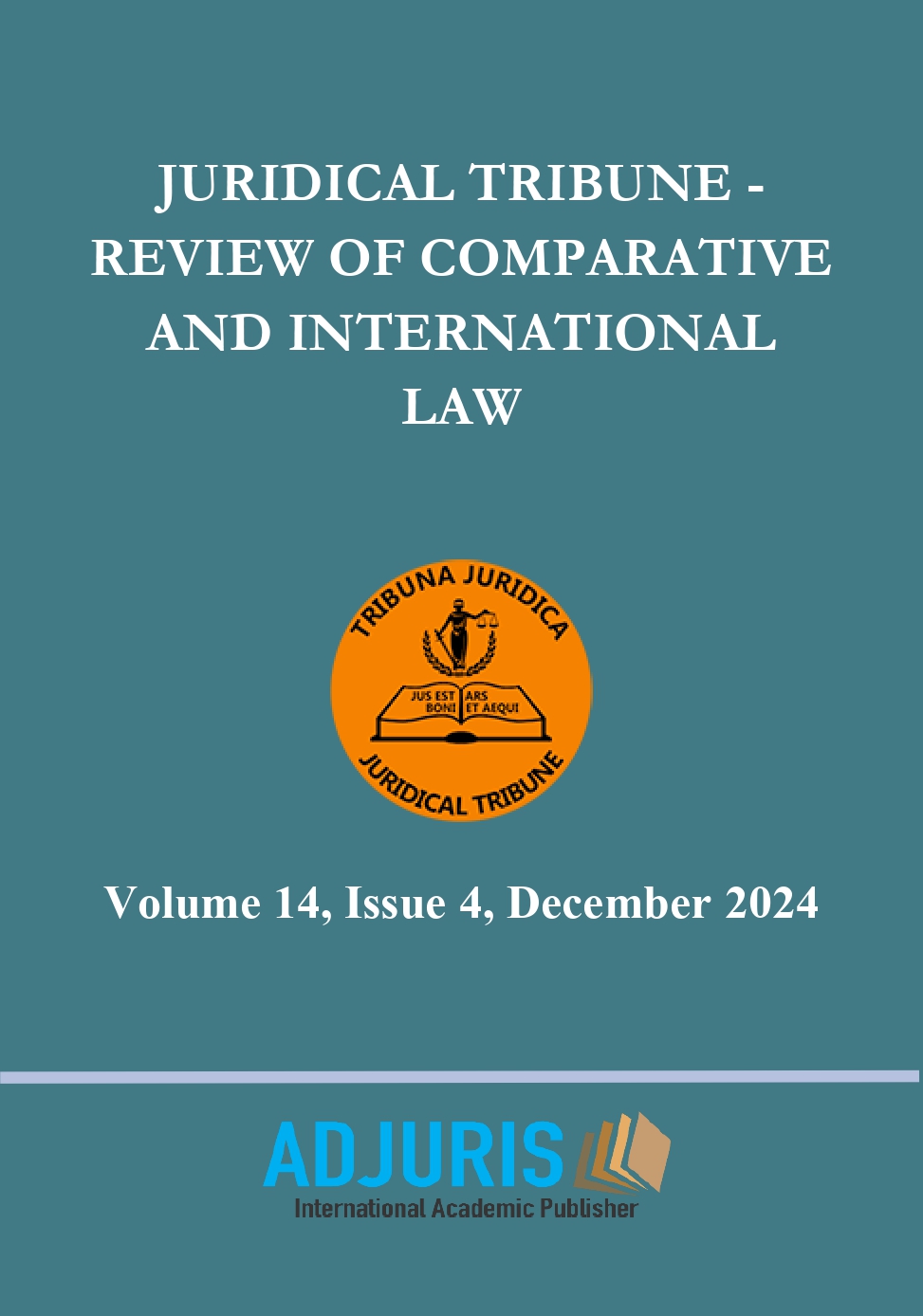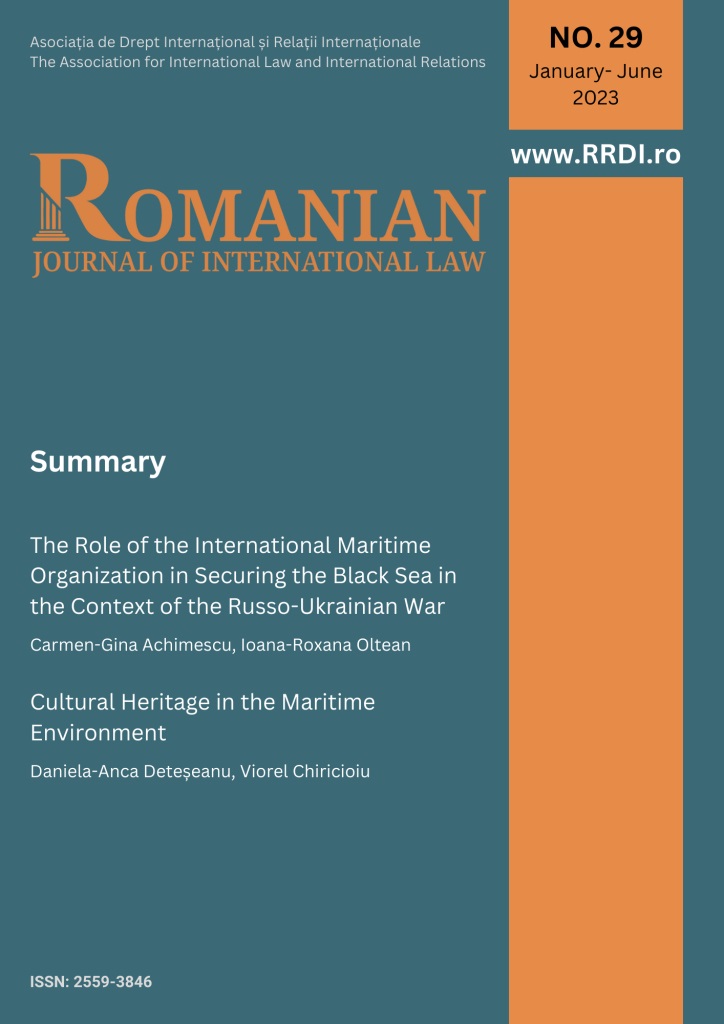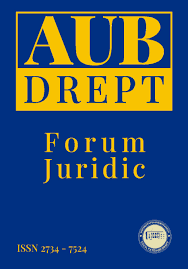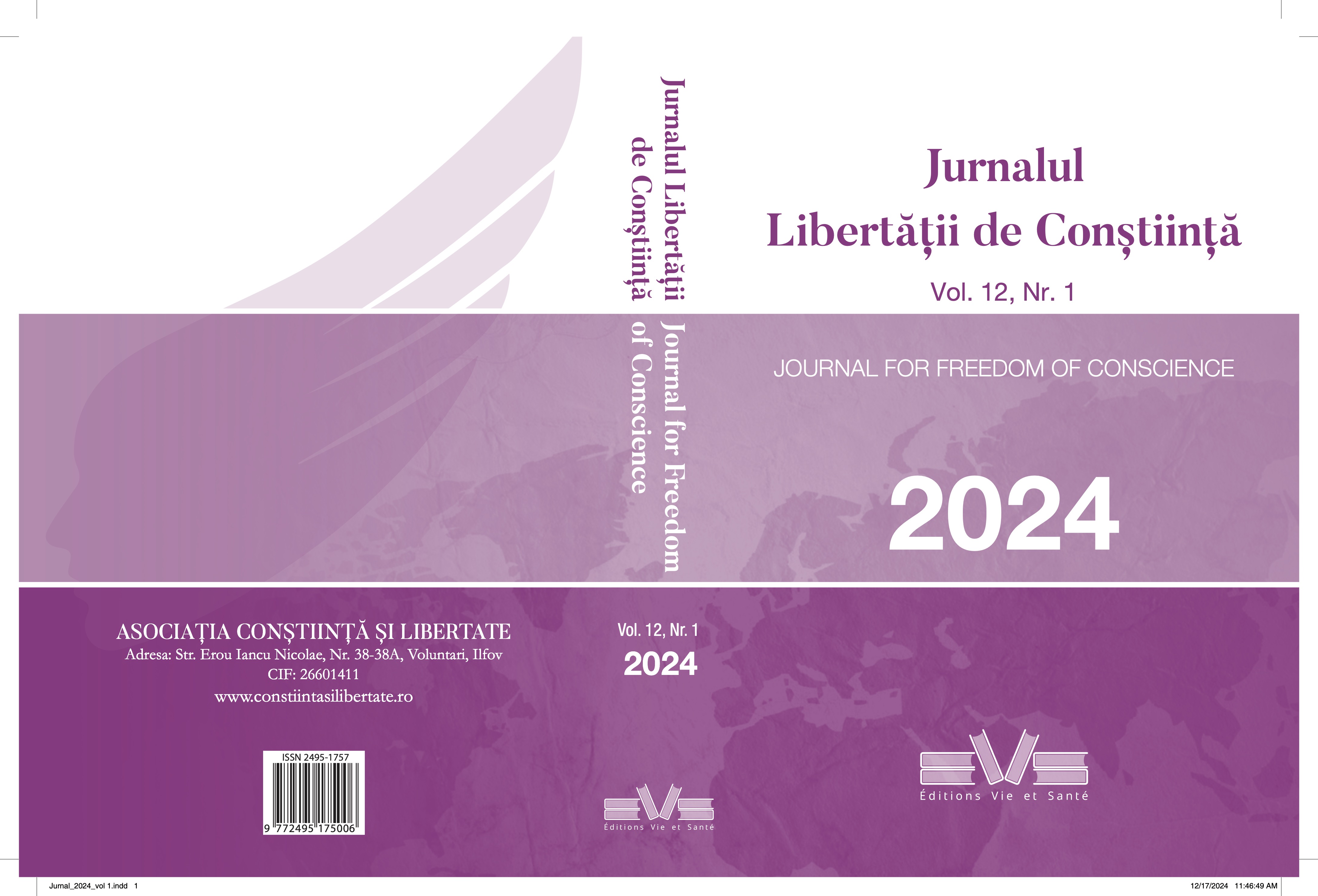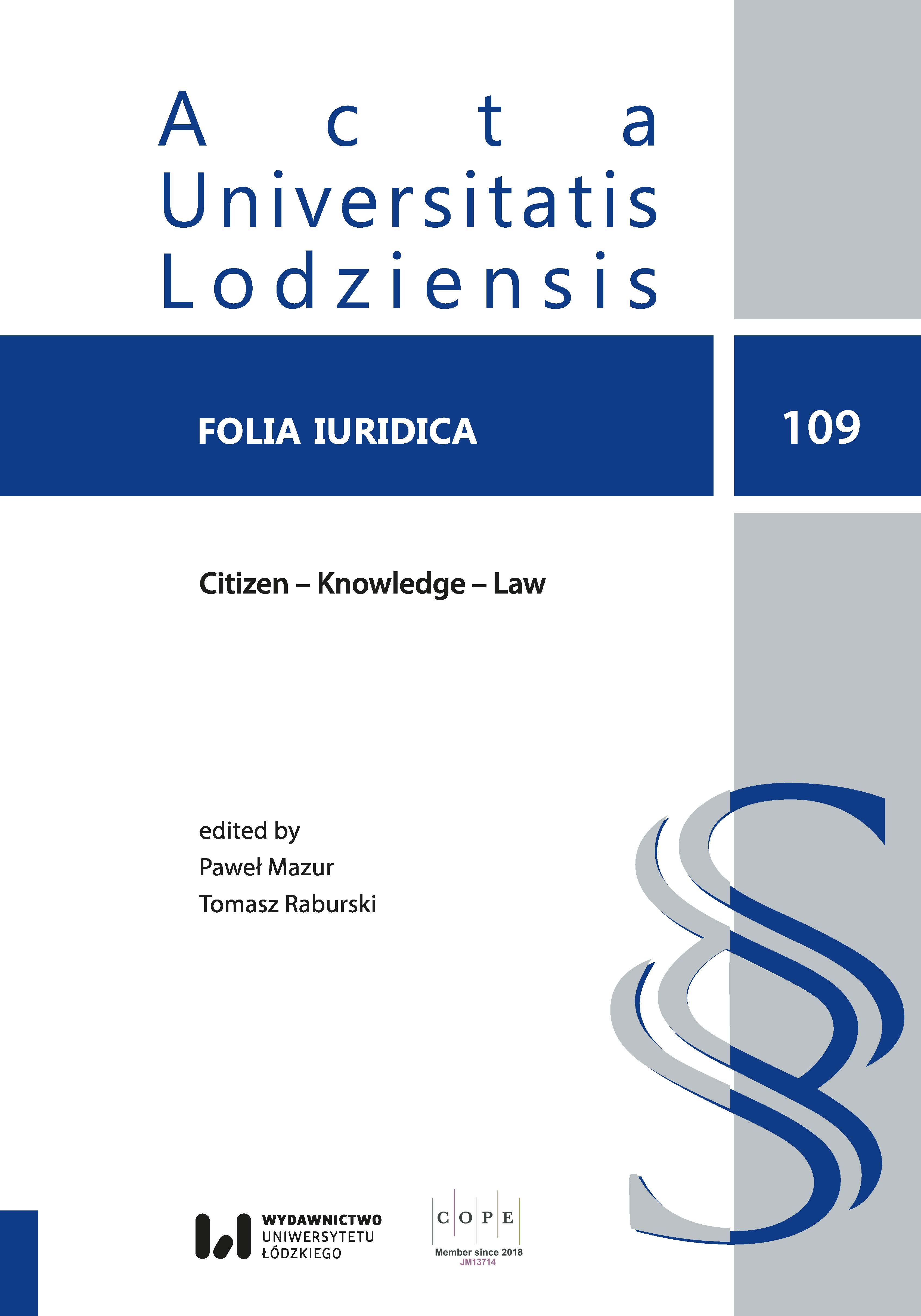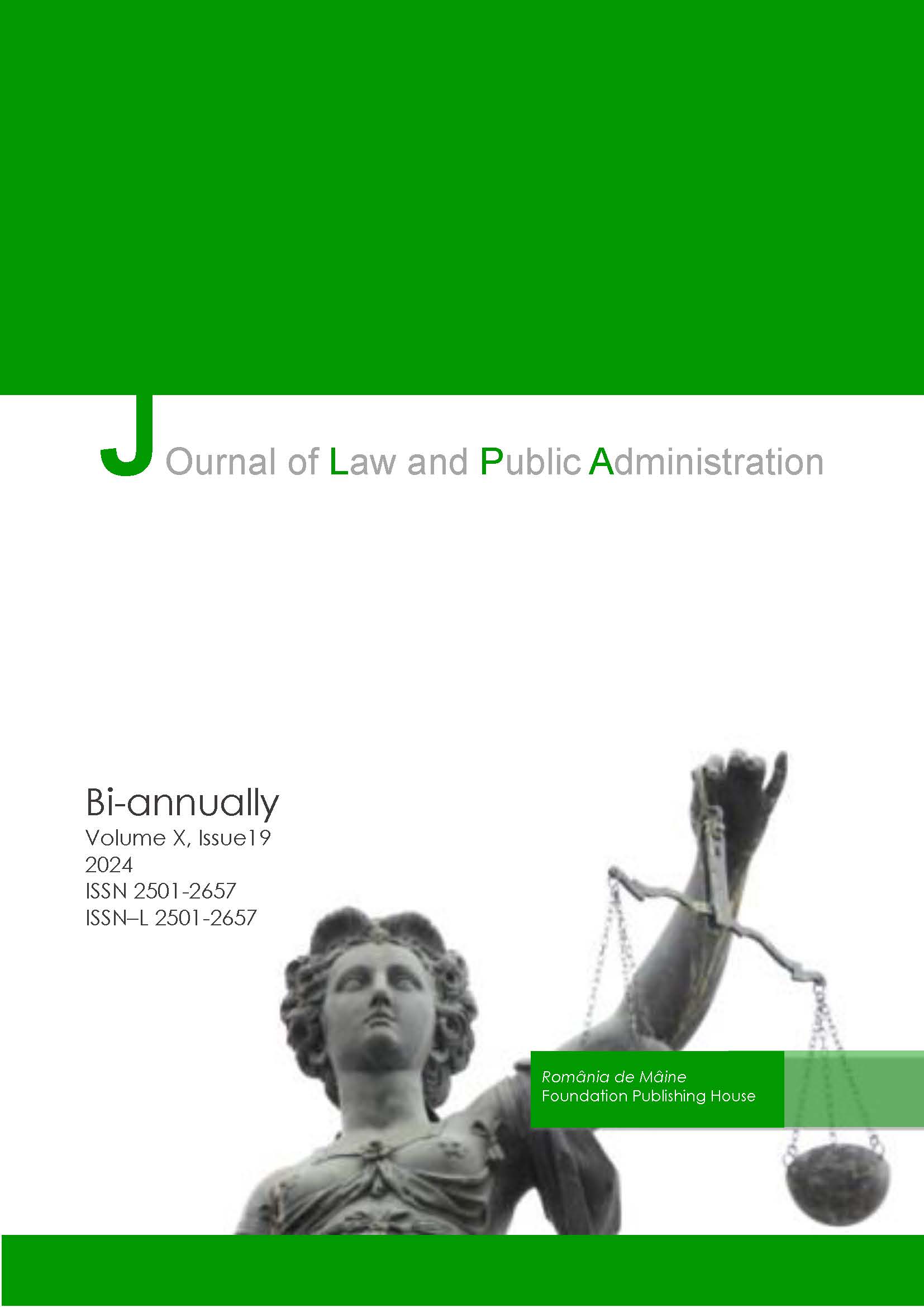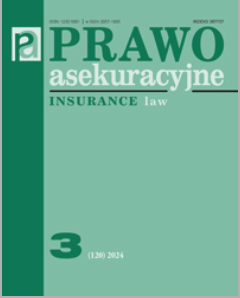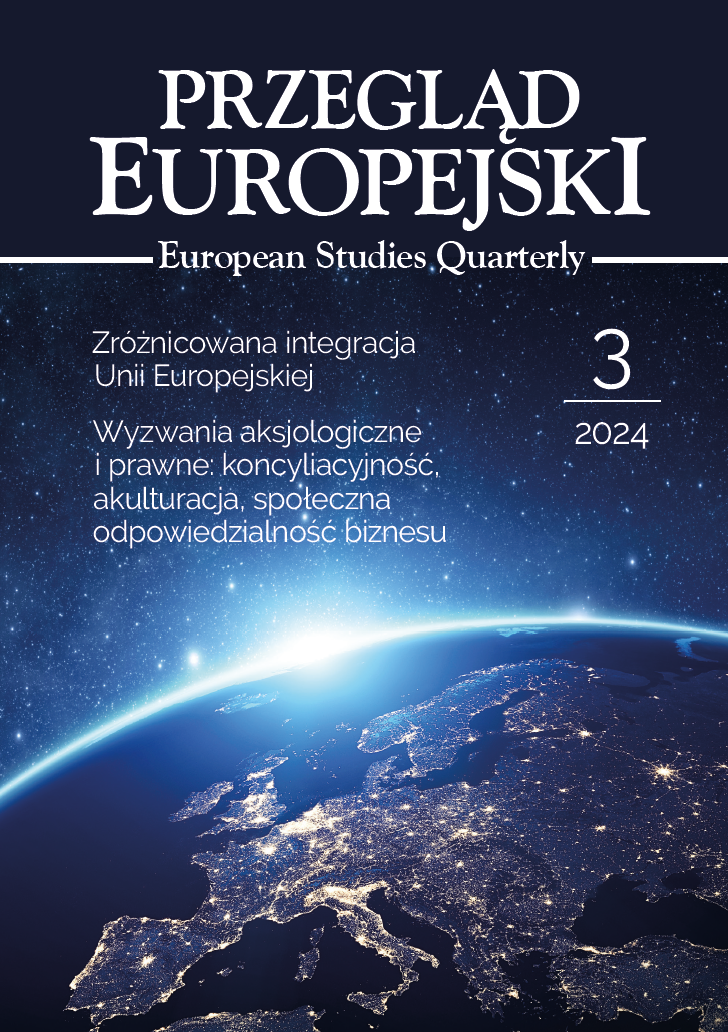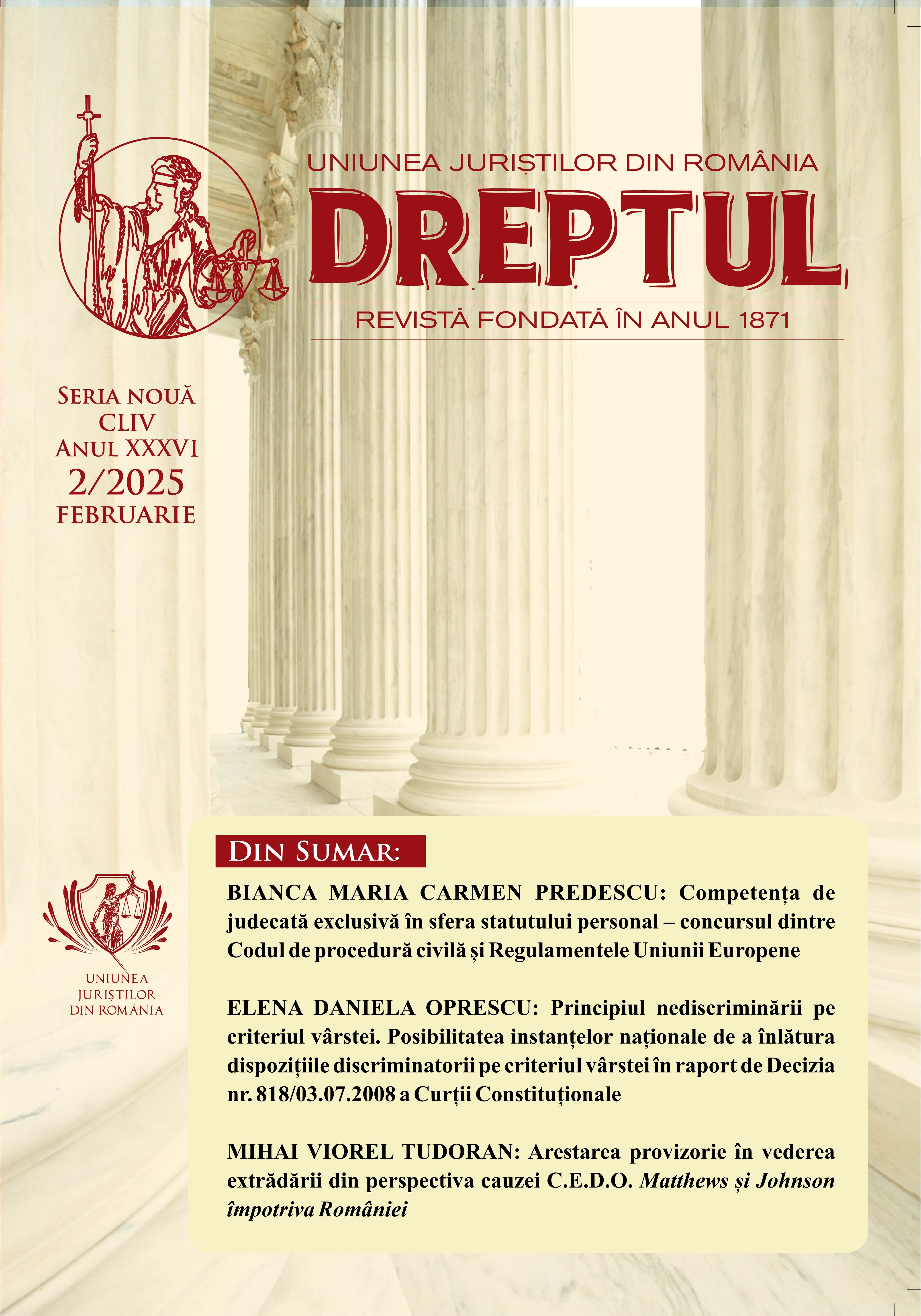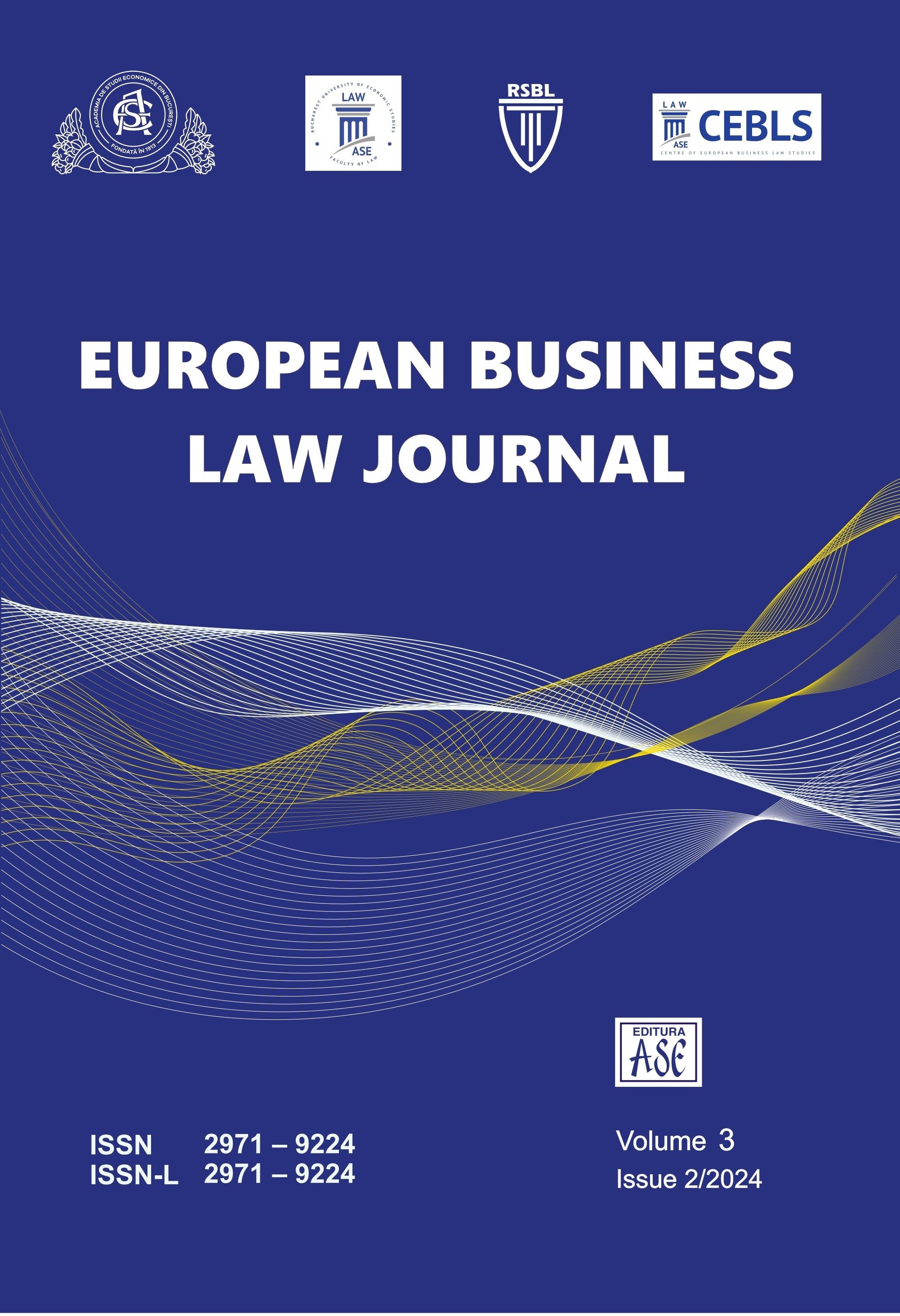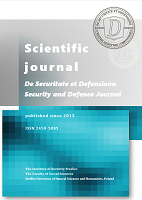
UZASADNIONA POTRZEBA CZY HISTERYCZNY STRACH PRZED TERRORYZMEM NA PRZYKŁADZIE UNIJNYCH ROZWIĄZAŃ UTRUDNIAJĄCYCH DOSTĘP DO BRONI PALNEJ
The Paris events recorded in November 2015 once again made people realize that Europe may also be the area of influence of contemporary terrorism. Individual countries and international organizations look for solutions that will improve security and thus reduce the risk of other attacks. One of the ways to reduce the potential risk of acts of terror is the imposition of restrictive regulations by the European Union regarding access to firearms and the sale of firearms. The article identifies contemporary terrorism as one of the most serious threats to international security. It presents and analyses formal, legal, and institutional solutions used in the fight against the phenomenon of terrorism. First, the analysis focuses on the solutions applied by countries belonging to the United Nations Organization (UNO), and then the regulations adopted by the European Union. The rules governing the access to firearms by EU citizens, as well as the rules regarding the trade in firearms in the territory of the EU and the impact of these solutions on reducing the risk of terrorist attack, were analysed in detail.
More...
